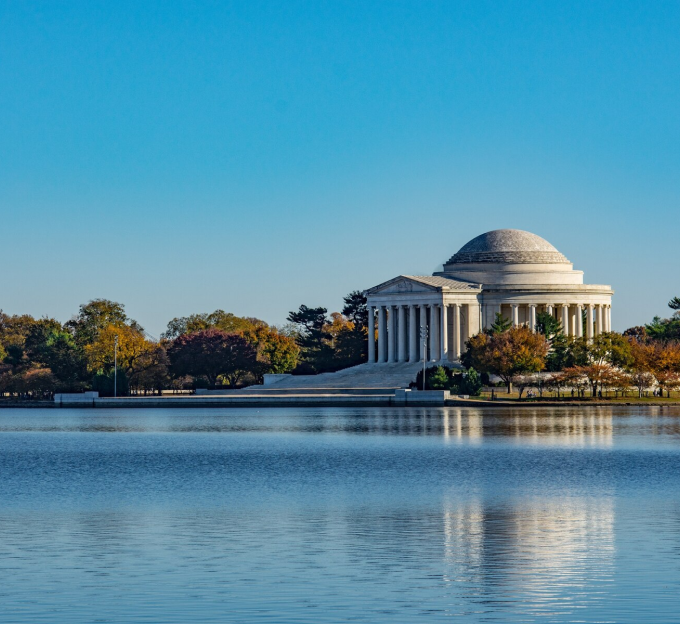Study Abroad in Japan for Pakistani Students: How To Apply
Japan, a land of technological innovation and rich cultural heritage, offers a unique and rewarding educational experience for international students. With its world-class universities, cutting-edge research facilities, and a blend of traditional and modern lifestyles, Japan has become an increasingly popular destination for Pakistani students seeking quality education abroad.

Highlights
Here are the key details related to studying in Japan
3000+
Pakistani Students in Japan
95%
Visa Approval Rate
780+
Total Institutions
Spring (April)
Most Preferred Intake
5.5
Minimum IELTS Score
71
Minimum TOEFL (iBT) Score
PKR 29L+
Approximate Annual Study Cost
PKR 1.8L
Approximate Monthly Cost of Living
Why Choose Japan?

Technological Hub
Study in a country at the forefront of technological advancements, particularly in robotics, electronics, and automotive industries.

Scholarship Availability
Numerous scholarships are offered by the Japanese government and private institutions for international students.

Career Opportunities
Gain access to internships and job prospects in Japan's innovative industries, enhancing your future career prospects.
Wondering If Pakistan is right choice for you?

Variety of courses available in Japan
Bachelor's Degrees
4 years
Master's Degrees
2 years
PhD Programs
3.5 years
Associate's Degrees
2-3 years
Certificate Programs
6 months - 1 year
Academic Calendar to study in Japan
Here’s what to expect if you want to study in Japan
Spring Semester (April - August)
- Main academic term
- Cherry blossom season
- New academic year begins
Summer Break (August - September)
- Time for internships or part-time work
- Cultural festivals and events
Fall Semester (October - February)
- Second major academic term
- Autumn foliage and cultural activities
Winter Break (December - January)
- Short break for New Year celebrations
- Opportunity for winter sports and travel
Spring Break (February - March)
- Preparation time for the new academic year
- Graduation ceremonies
Student Visa Requirements for Japan
You can prepare for your Japan education journey with these essential visa requirements
- Acceptance into a Japanese educational institution
- Sufficient funds to cover tuition and living expenses
- Valid passport
- Clear purpose of study
- Certificate of Eligibility (COE) issued by Japanese institution
- Valid passport
- Visa application form
- Passport-sized photographs
- Proof of financial support
- Academic transcripts and certificates
- Health certificate
- Letter of guarantee
- Proof of Japanese language proficiency (if applicable)
- Research plan (for graduate students)
Admission Requirements in Japan
General Documents required to study in Japan
Must be valid for the entire duration of your stay in Japan.
Issued by your Japanese institution, required for visa application.
Bank statements or scholarship letters demonstrating ability to cover expenses.
Official transcripts from previous educational institutions.
JLPT scores or other language certificates (for programs taught in Japanese).
Essay outlining your academic goals and reasons for studying in Japan.
From professors or employers highlighting your academic and personal qualities.
Recent medical examination results confirming good health.
EJU scores or other required entrance exam results.
English Language Proficiency to Study in Japan
Japan universities typically accept the following English language tests:
IELTS
5.5 and above (Some universities may require higher scores)
TOEFL iBT
71 and above (Requirements may vary by institution)
JLPT
N2 or N1 level (For programs taught in Japanese)
Other Requirements For
- Master Program
- Bachelors Program
- Bachelor’s degree in a relevant field
- Minimum GPA of 3.0 or equivalent
- Research proposal (for research-based programs)
- Some programs may require work experience
- High school diploma or equivalent
- EJU scores (for programs taught in Japanese)
- SAT or ACT scores (for some English-taught programs)
- Proof of English or Japanese language proficiency
Cost of Studying in Japan
Overview
Tuition fees in Japan vary depending on the type of institution (national, public, or private) and the program of study. While Japan is known for its high cost of living, education costs can be more affordable compared to other developed countries.
Average tuition fee range
Bachelors
PKR 35L+
Masters
PKR 40L+
MBA
PKR 50L+
PhD
PKR 60L+
Cost of Living in Japan
Monthly living expenses for students in the Japan (in PKR):

Accommodation
80K+ / month

Food
40K+ / month

Transportation
10K+ / month

Other Expenses
30K+ / month
Scholarship for Pakistani students in Japan
Here are the key details related to studying in Japan
If you are going to study at a Japan university, you should be aware that tuition fees can vary depending on factors such as the type of institution, program of study, and location.
MEXT Scholarship
Full tuition + 150,000/month
JASSO Scholarship
80,000/month
Asian Development Bank-Japan Scholarship Program
Full tuition + 150,000/month
Monbukagakusho Honors Scholarship
50,000/month
Rotary Yoneyama Memorial Foundation Scholarship
140,000/month
See what our students say
Frequently Asked Questions
While some programs are offered in English, learning basic Japanese will greatly enhance your experience and job prospects.
University dormitories, shared apartments, and homestays are popular options for international students seeking affordable housing.
Many cities in Japan now offer halal restaurants and stores, especially in areas with larger Muslim populations.
Yes, international students can work up to 28 hours per week during term time and full-time during official university holidays.
With proper documentation and a Certificate of Eligibility from your university, the visa process is generally straightforward for Pakistani students.
Japan offers post-study work visas, and many companies actively recruit international graduates, especially in technology and engineering fields.
While major cities like Tokyo can be costly, there are many ways to live affordably, especially in smaller cities.
Maintain excellent academic records, learn Japanese, and apply early to multiple scholarship programs to increase your chances.
International students are required to join the National Health Insurance, which provides access to affordable medical care.
Yes, but you’ll need to obtain a re-entry permit before leaving Japan to ensure smooth re-entry.











